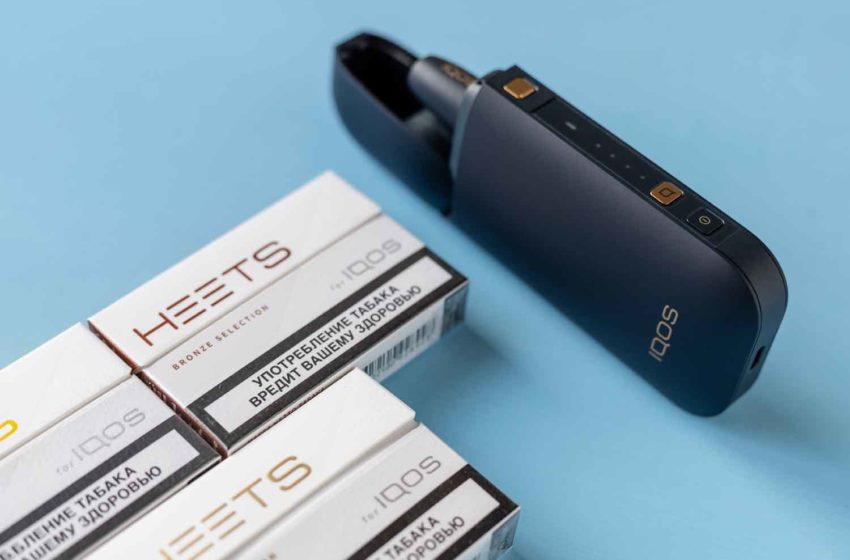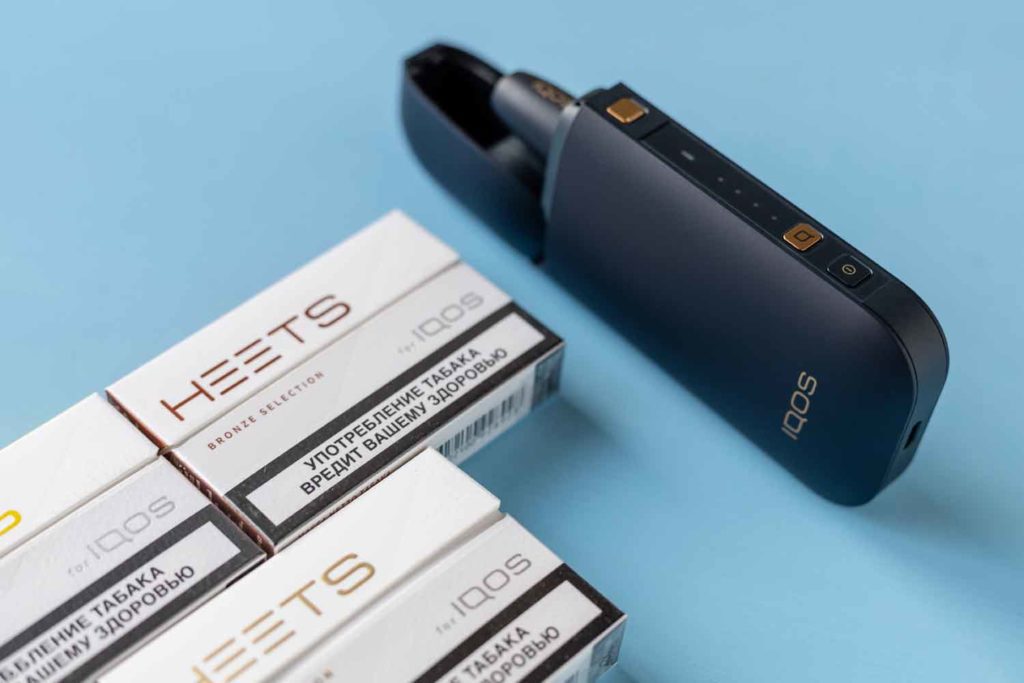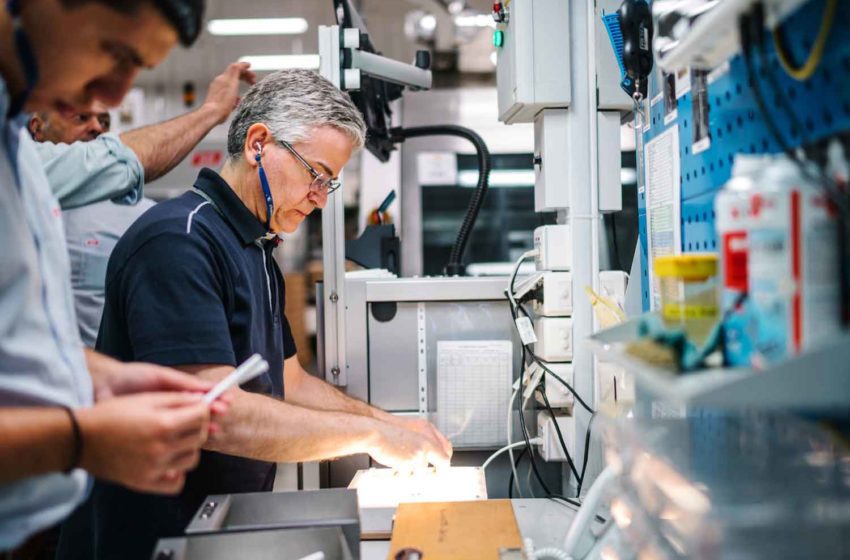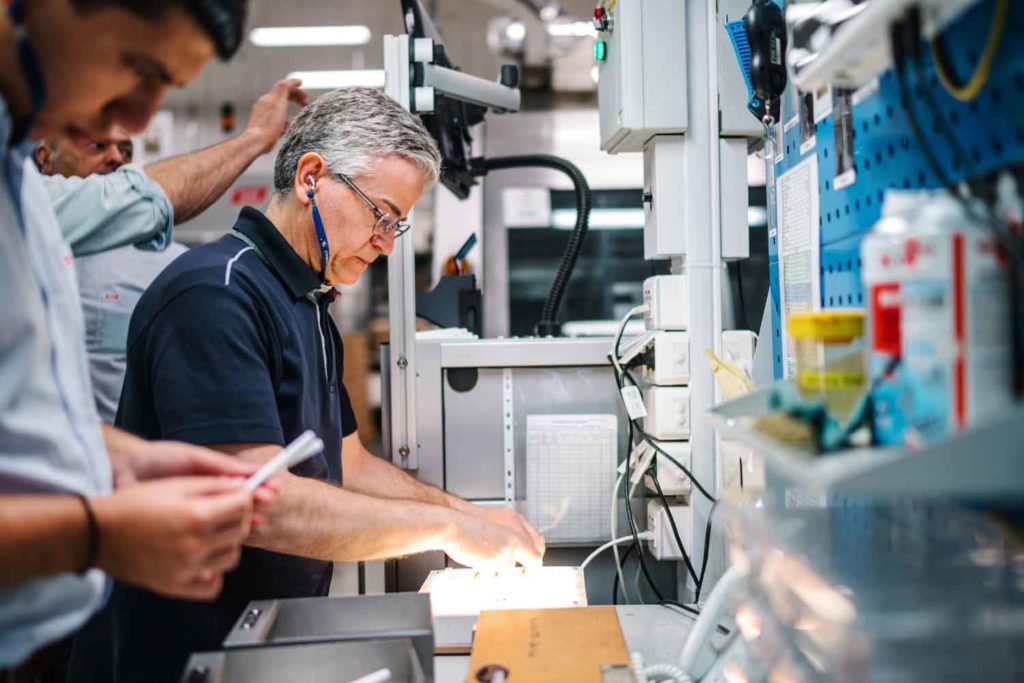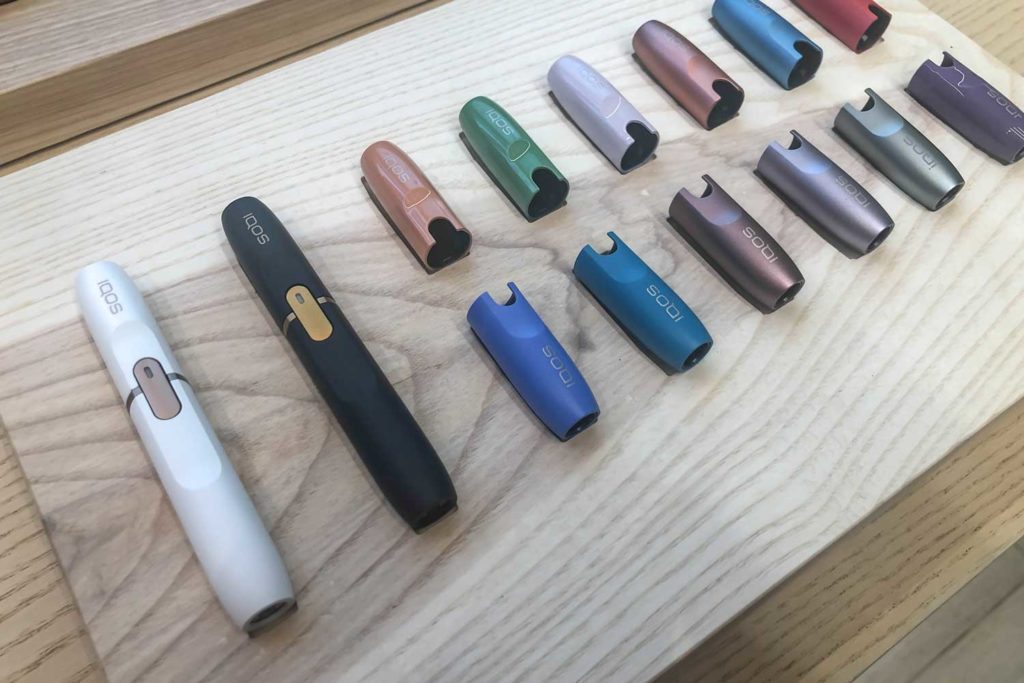
The U.S. Food and Drug Administration has issued a modified-risk granted order authorizing Philip Morris Products to market the IQOS 3 system holder and charger with the following reduced-exposure information:
- The IQOS system heats tobacco but does not burn it.
- This significantly reduces the production of harmful and potentially harmful chemicals.
- Scientific studies have shown that switching completely from conventional cigarettes to the IQOS system significantly reduces your body’s exposure to harmful or potentially harmful chemicals.
- This reduced-exposure information is the same as the information previously authorized by FDA in July 2020 for an earlier version of the device.
Today’s action follows the FDA’s review of a new modified-risk tobacco product (MRTP) application submitted by the company for the IQOS 3 system holder and charger. This MRTP application primarily cross-referenced the supplemental premarket tobacco product application for this device, which was authorized for legal sale and distribution in the United States in December 2020, as well as the MRTP application for the previous version of the device.
The IQOS 3 device is similar in design to the previous version (with mainly aesthetic changes), uses the same tobacco source, and the company requested to use the same exposure reduction claim as authorized for the previous version of the device. Given these similarities, FDA largely relied on its past evaluations of the IQOS 3 device and previous version of the device in determining that the IQOS 3 device meets the authorization criteria to be marketed as an MRTP.
Headquartered in Switzerland, Philip Morris is currently banned from importing the product into the United States following an adverse ruling in a patent dispute with BAT’s Reynolds American subsidiary.
In an interview with Bloomberg, PMI CEO Jack Olczak said the company plans to manufacture IQOS in the U.S. to get around the import ban.


